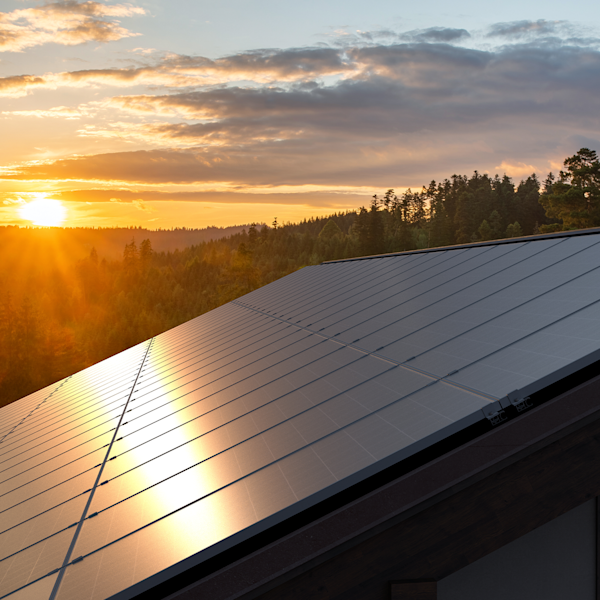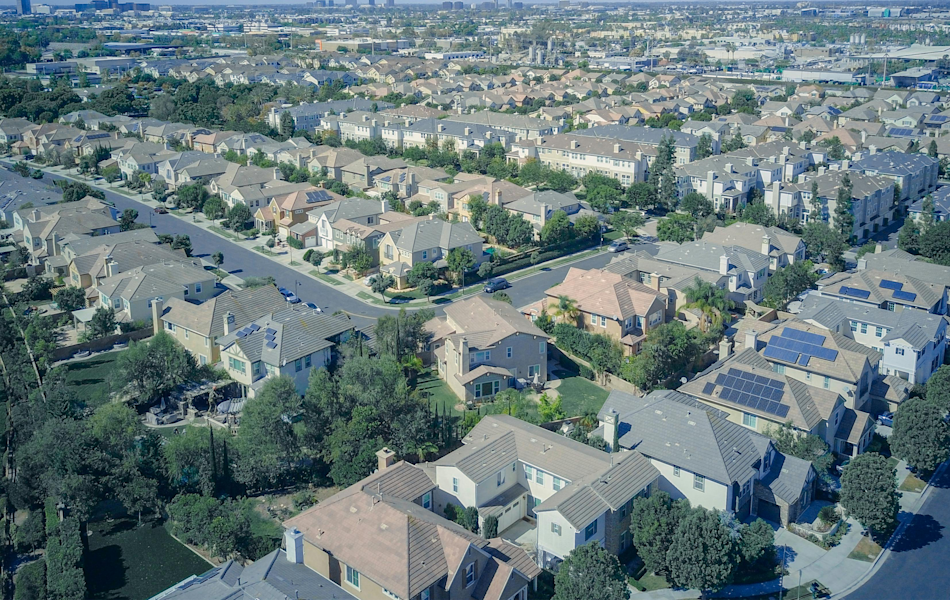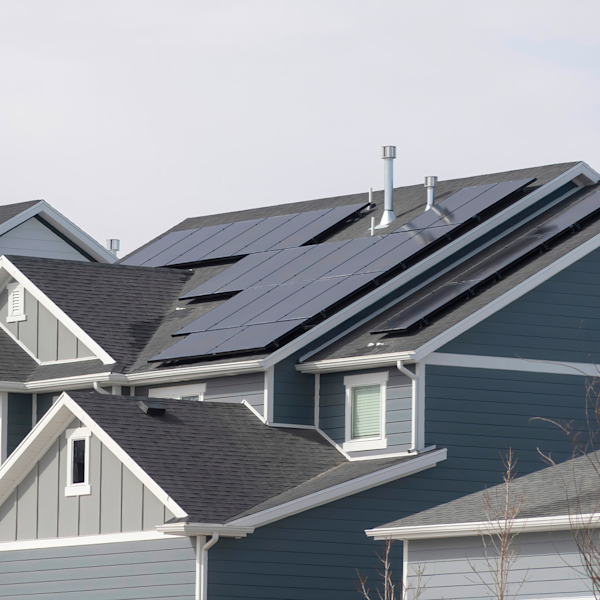
Oregon Goes Solar with SunPower®

Oregon’s Future Is Bright with Solar Power on the Rise
Oregon is a large state with 4.2 million people spread out over 98,000 square miles. The climate varies from the tall mountains and oceans to the high deserts and shrublands. Across this diverse landscape, the sun provides immense solar potential for Oregon's economy.
In the second quarter of 2025, the Solar Energies Association1 reported that nearly 59,000 solar power systems were installed across the state. This represents $3.7 billion of investment into solar power and 1,951MW of capacity, which is enough to power 254,244 homes.
However, this is just the beginning of tapping into the amazing resource of the sun in Oregon. Google’s Project Sunroof2 estimates nearly 2.1 billion square feet of roof space are viable for solar installations in Oregon. If the state reached its true potential for solar, it could offset more than 35.6 million metric tons of CO2 emissions. That’s amazing potential for the positive impact of clean energy in Oregon.
SunPower service areas in Oregon: Eugene, Medford, Portland, Salem.

Save by Going Solar

How Much Can Solar Panels Produce in Oregon
A common question from homeowners is, “How much could a household solar system really generate in Oregon?” The answer may surprise you. Even with all the cloudy and rainy days the state is famous for, there is plenty of sunshine to get the job done.
Energysage.com3 states that the most popular solar panels on the market as of 2025 can generate 450 watts of power. Since Oregon has a production ratio of 1.2, a single solar panel in the state may produce an estimated 540kWh in a year or 45kWh a month. With enough solar panels paired with a solar storage solution like the IQ Enphase 10C, a home can be entirely powered by solar.
To unlock the potential of solar power, homeowners need to understand the elements involved in the estimated costs. Factors influencing the cost of a solar installation include:
Scale of the System: Is it just solar panels, or are batteries and storage units being installed as well?
Choice of Solar Panel Technology: Not all solar panels are created equal; the better the product, the higher the cost.
Complexity of the Installation: How many panels? What type of system? What is the roof like?
Preparations Needed: Are repairs needed before installing solar on the roof?
Installation Company: Who are you choosing to put in charge of this important investment?
Installing a solar system can cost approximately $2.69 per watt in Oregon.4 But upfront cost is not the end of the story. Financial incentives in Oregon, such as utility rebate programs, loans, and tax credits, help offset installation costs.

Benefits Outweigh The Cost Of Solar Power
While cost may be the most obvious consideration in getting a solar system, homeowners should look beyond the initial costs and consider the many short-term and long-term benefits of installing solar power.
Financial savings are the primary benefit for many homeowners. Reduced electricity bills are expected almost immediately and can gradually grow until they completely offset the installation cost. After this period of investment payback, depending on the system installed, a homeowner can see tens of thousands4 in savings.
Solar energy also offers grid independence. Cold winter storms and powerful windstorms are also common in Oregon, where households can be cut off from the electrical grid. Residents with well-designed solar systems of large enough capacity, complete with solar storage solutions, may enjoy a continued electricity supply in their homes without worrying about any service interruptions.
A final benefit many homeowners see is an increase in home resale value. While many people invest in kitchen or bathroom renovations, solar could be the smartest home improvement investment of all. Some sources5 say that homeowners have seen as much as a 10% increase in home value thanks to solar.

Own Your Solar System with Easy Solar Financing

What Is The Optimal Solar Solution In Oregon?
Solar energy offers financial and environmental benefits while promoting independence from the grid. Many homeowners find that the long-term benefits greatly outweigh the initial costs. However, these benefits depend heavily upon the quality of the installation and the quality of the products.
The optimal solar solution is not a generic one-size-fits-all solution, but a personalized system that is custom-tailored for each home and its energy requirements. Creating such a plan requires expertise, training, and knowledge of all the local factors as well.
This is where SunPower can shine as we help you navigate the process and understand how you can take advantage of solar power benefits. Our professional experts are available today to help get you started and walk you through the process toward the best renewable energy in Oregon.
Schedule an appointment today with SunPower.
Sources:
1 https://sunroof.withgoogle.com/data-explorer/place/ChIJVWqfm3xuk1QRdrgLettlTH0/